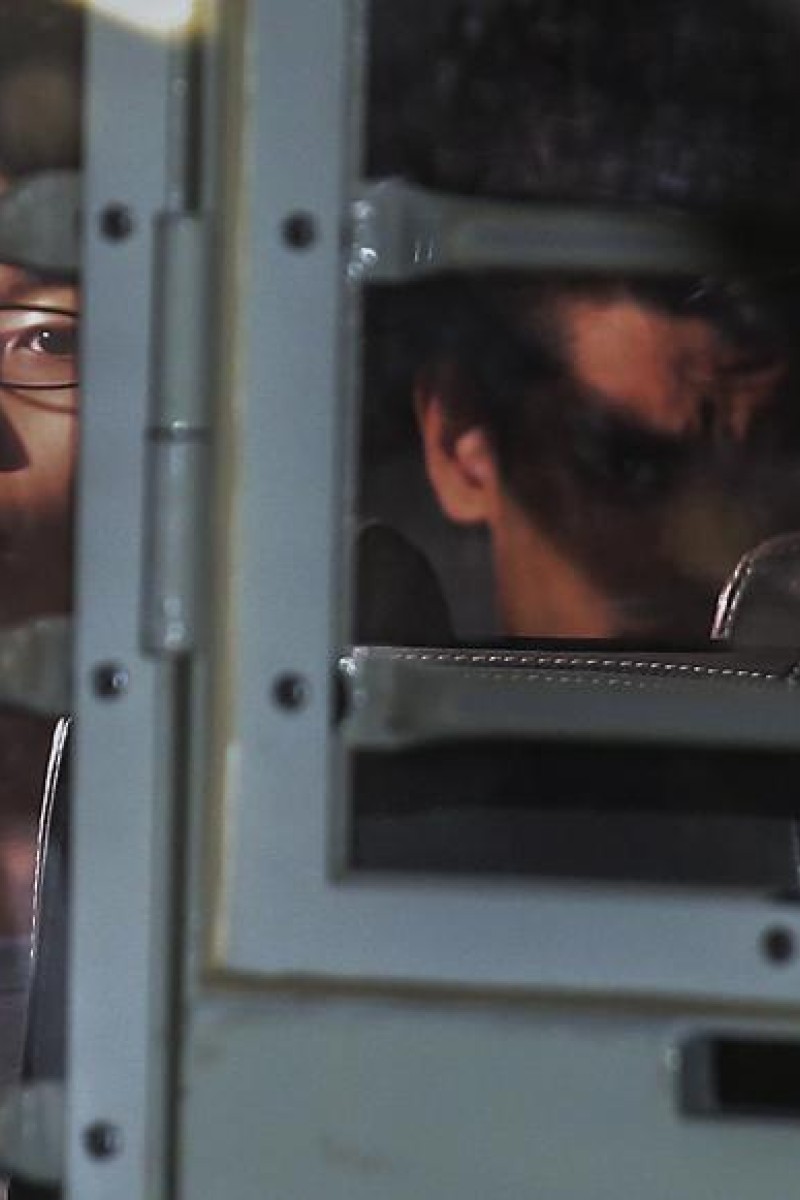
Hong Kong students speak out over jail sentences for Occupy activists Joshua Wong, Alex Chow and Nathan Law
Reactions from Young Post readers range from cries of political interference to agreement with harsher verdict
 Joshua Wong had said before the verdict he was "not in despair".
Joshua Wong had said before the verdict he was "not in despair".Students have mixed views on the ruling which sees three Occupy activists sent to jail for six to eight months. Some teenagers worry that the ruling would intimidate them into staying away from future pro-democracy activities.
Occupy activists Joshua Wong Chi-fung, Alex Chow Yong-kang and Nathan Law Kwun-chung, who stormed government headquarters and triggered a 79-day protest in 2014, received six- to eight-month jail sentences on Thursday for taking part or inciting others to partake in an unlawful assembly. The ruling was the government’s second successful attempt in a week to seek tougher sentences for protesting activists.
Court of Appeal vice-president Wally Yeung Chun-kuen slammed the “unhealthy trend” in which intellectuals advocated the idea of civil disobedience.
“These people openly despise the rule of law. Not only do they refuse to admit their law-breaking behaviour is wrong, they even see their acts as something to be proud of,” Yeung wrote.
“This arrogant and self-righteous thinking will unfortunately affect some of our young people and result in attempts to disrupt public order ... during rallies, marches and protests.”
However, Young Post readers have a different interpretation of the new verdicts. Bakhita Fung, 16, from Island School, said that it was symbolic of the government’s wish to intervene in the judicial system. “It vividly shows that the government is not willing to face any challenge by its people. I think it’s also a sad time for many people – and I don’t think the ruling was justified,” she said.
Bakhita said the ruling has damaged political freedom and democracy in the city. “It has set an unprecedented example for future actions will deter people from expressing themselves. Now we will face harsh consequences if we try to express our own ‘wrong’ political views,” she told Young Post.
A 15-year-old South Island School student, who wants to remain anonymous, also disagreed with the sentence. “The ruling was harsher than I expected. They were fighting for our freedom and democracy, so I believe the court should have been more lenient. It seems to deter young people from taking part in protests, but I believe it also angered others who would speak out and take part in protests,” she said.
But other students echoed Yeung’s view, as they thought the activists should face the consequences for what they did. Clement O’Young, 16, from Sha Tin College, said some activists would be more aware of the consequences of their activities. “In my opinion, the sentence is the result of the illegal [actions] in the ‘Umbrella movement’. They started the protest so they have to bear the legal responsibilities. The ruling will send a message to protestors, that they have to be aware of their liabilities,” he said.